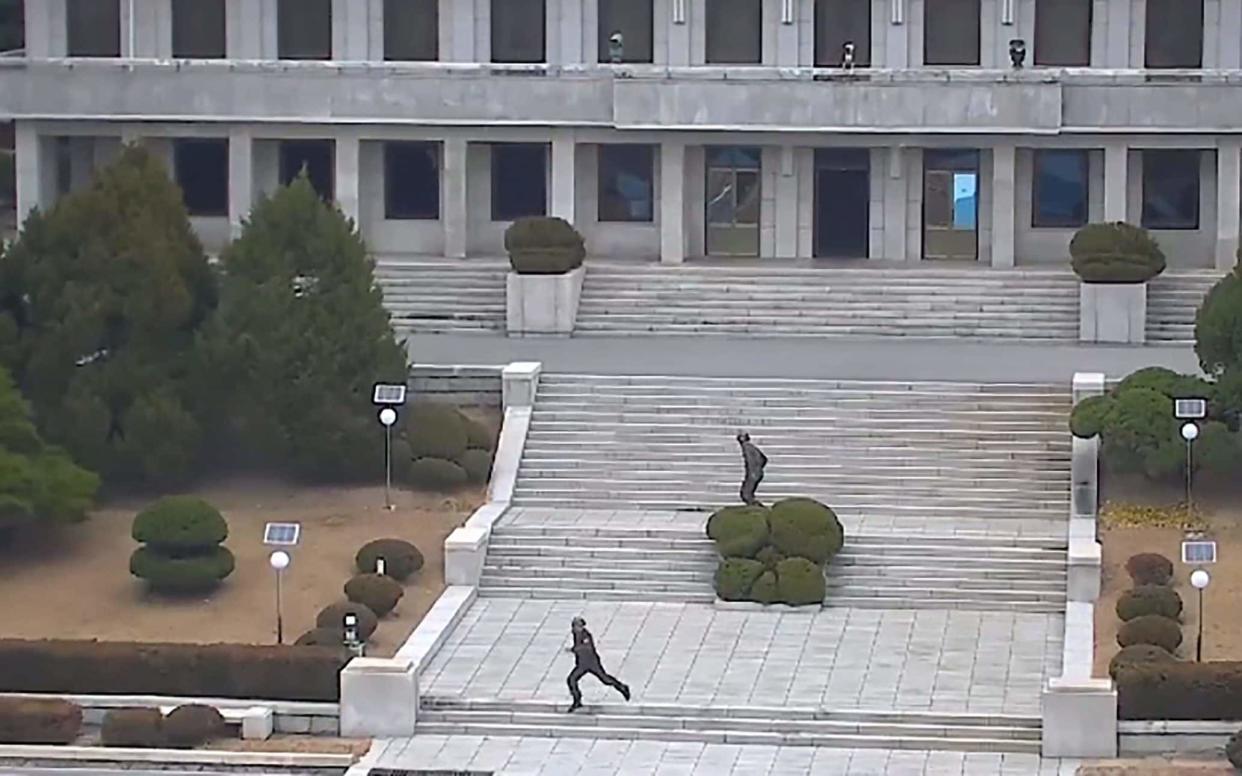Why North Koreans are now more willing to stay than defect to the South

The number of North Koreans fleeing to South Korea has declined significantly since Kim Jong-un came to power in Pyongyang, with human rights groups saying security crackdowns on the border with China and the rising prices being demanded by brokers for safe passage are putting many would-be defectors off.
Others have opted to bide their time out of a growing hope that reunification of the two Koreas is a genuine possibility and that they might have the standard of living they know their counterparts in the South enjoy, a defector told The Telegraph.
According to new figures released by the Ministry of Unification, 2,706 North Koreans defected to the South in 2011, although that figure fell to 1,502 the following year. The total had declined to 1,127 successful escapes last year, while the 703 defections in first eight months of this year suggests that the total for 2018 will be only narrowly above the 1,000 level.
“There has been a very clear decline since 2011, the last year that Kim Jong-il was in power, but it also coincides with the rise to power of Xi Jinping in China”, said Park Sokeel, director of research and strategy at Seoul-based Liberty in North Korea.
“The primary factors are the increased security on North Korea’s border with China but also within China, which defectors have to cross to get to countries in south-east Asia with little money, no identification papers and usually knowing no Chinese”, he said.
The cost of brokers willing to smuggle people over the border has also gone up steeply, he said, from a couple of thousand dollars in 2011 to around $15,000 per person today - a price that reflects the risks that the brokers are taking. For North Koreans who have just arrived in the South and are desperate to get the rest of the families out, that price is too steep.
Another factor is the gradual improvement that has become visible in the North Korean economy and the people’s standard of living, Park said.
“In the past, people were desperate to leave because they feared they would starve to death if their stayed”, he said. “We are not hearing that now; we are hearing that they are not hungry for food, they are hungry for freedom”.
Chu Gyon-bae, himself a defector who now works for The Worldwide Coalition to Stop Genocide in North Korea, agrees that an improving economic situation in the North has made life easier for many people.
“They do not need to escape just to survive”, he said.
“And they have expectations and hopes for the first time”, he said. “The North Korean government is spending on construction and light industries that make products that people want and need.
“But the changes we have seen since the end of the year gives people hope that something much bigger is happening”, he added. “They have high expectations for reunification with the South and a better life”.

